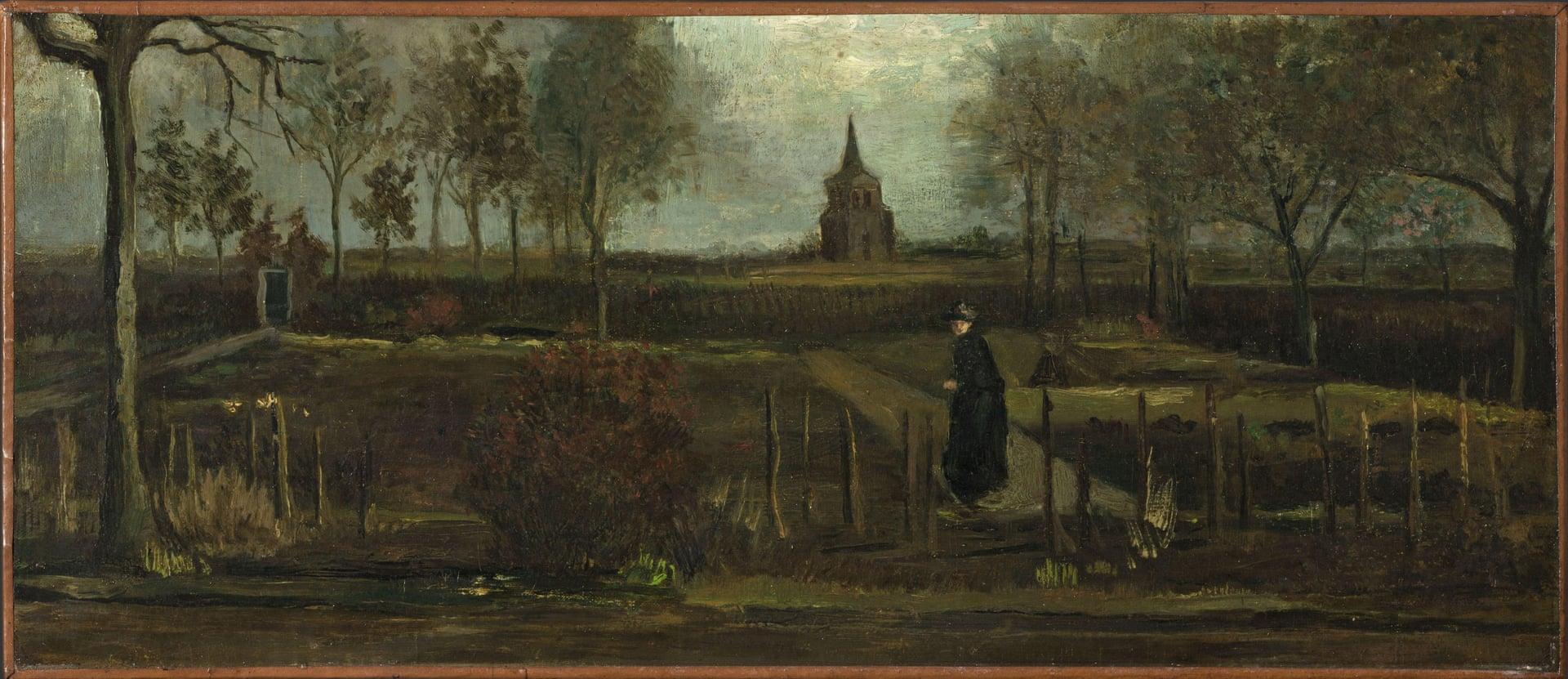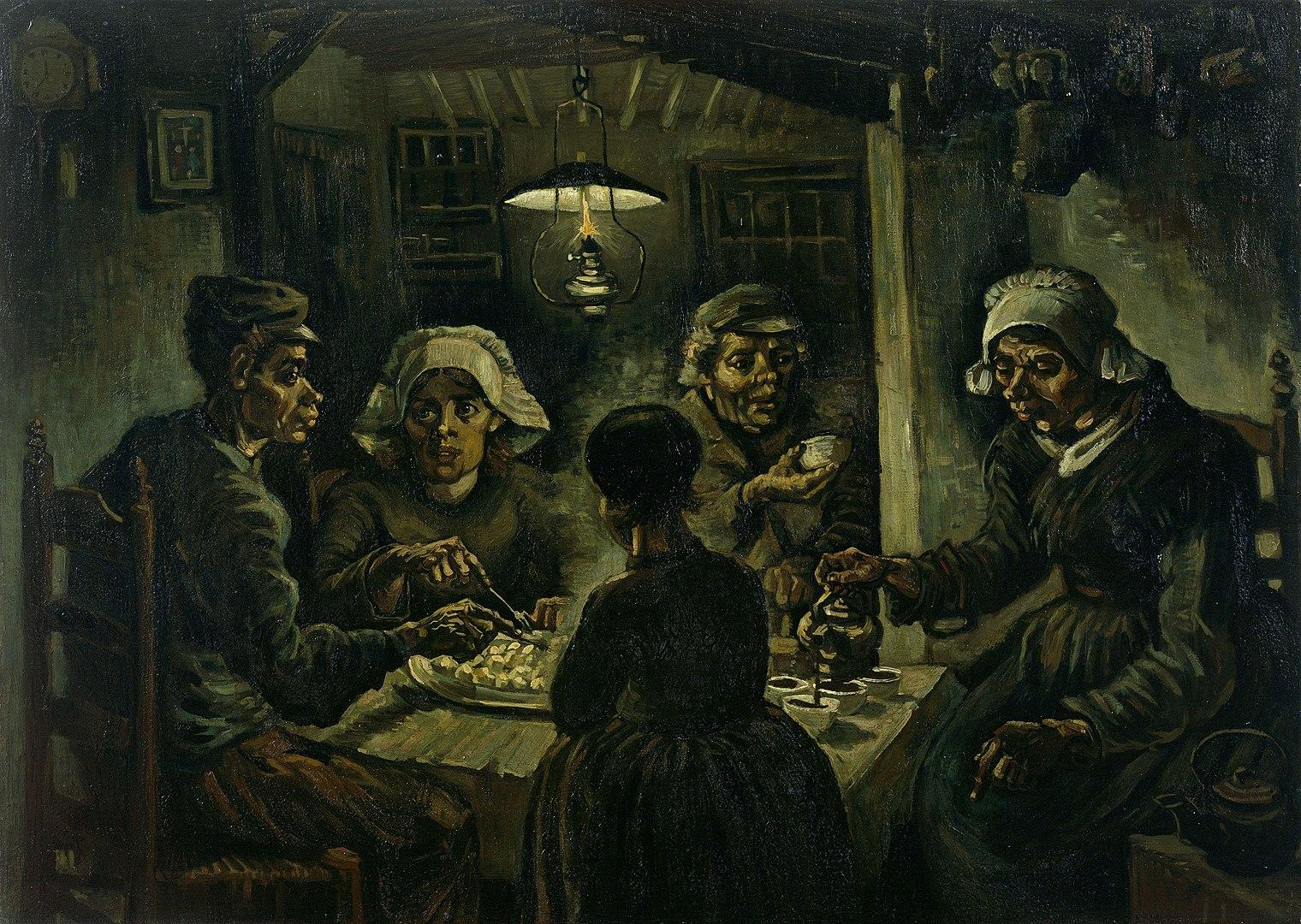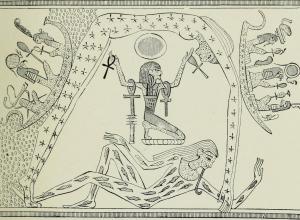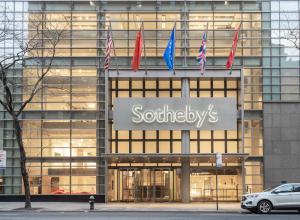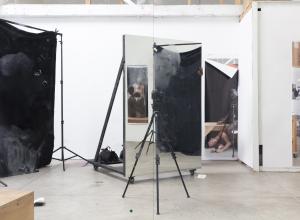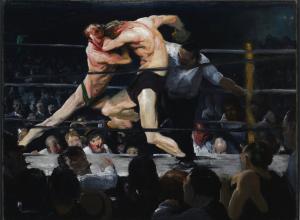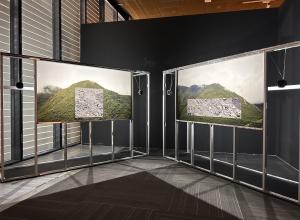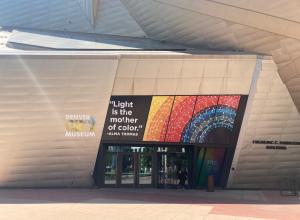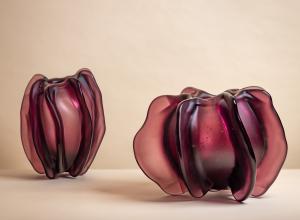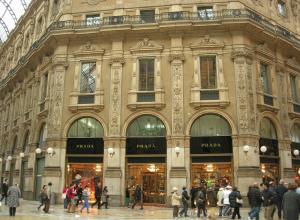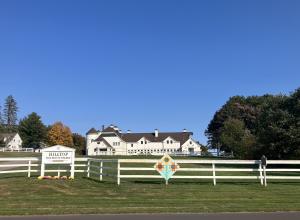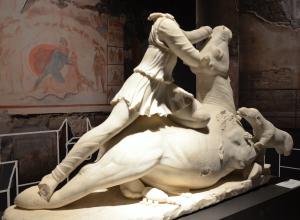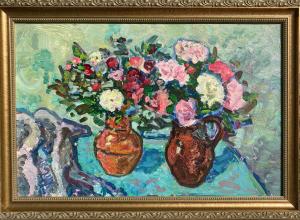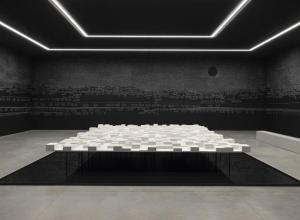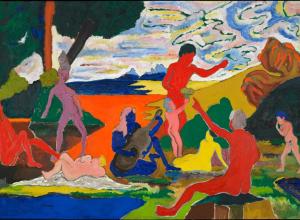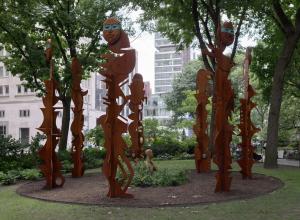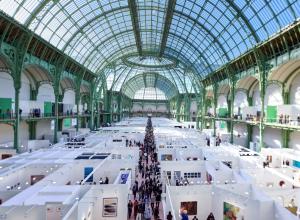Police are continuing to ask the public for any information that might help them track down the thieves and recover the pilfered painting. Authorities remain optimistic that the painting hasn't gone far. Often stolen treasures quickly enter the black market, where they are sold off to wealthy oligarchs or Saudi princes, who have immense wealth and no qualms about breaking the law. But with the world on pause because of COVID-19, the black market is inhibited: Dutch borders are closed, and police are regularly stopping cars to ensure that citizens are only leaving their homes for necessities.
While police work to track down the guilty party or parties, the small museum is left broken-hearted. “I am shocked and unbelievably pissed off,” Singer Laren’s director, Jan Rudolph de Lorn, said in a news conference after the robbery. “Art is there to be seen and shared by all, for society as a whole, to bring enjoyment, to bring inspiration, and also to bring comfort. Especially in this difficult time.”
The Singer Laren was founded in 1954 by Anna Singer, an artist and the widow of painter William Henry Singer. The American couple fell in love with the Netherlands and settled there after extended stays at the artist colony located in Laren. William Singer was the son of a steel baron who wanted his son to enter the family business rather than pursue art. Defying the odds, the Singers had successful careers and traveled the world making and selling their art.




